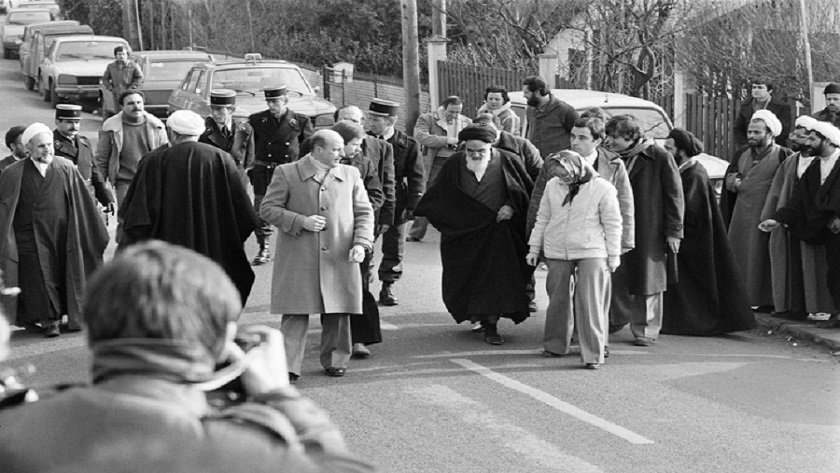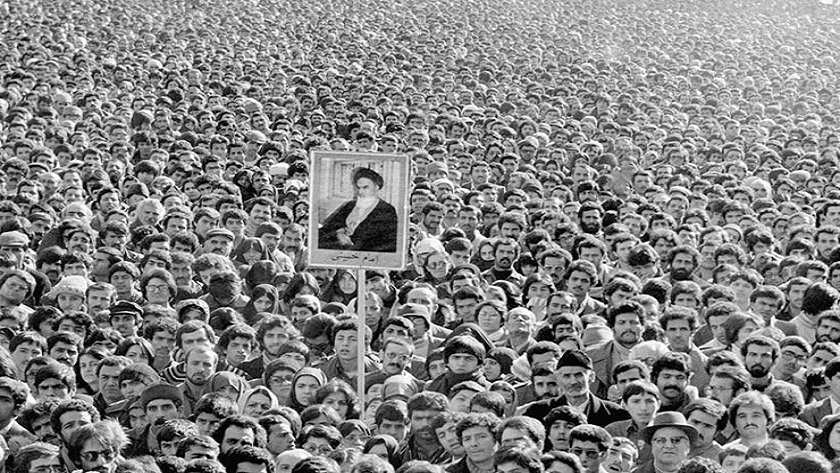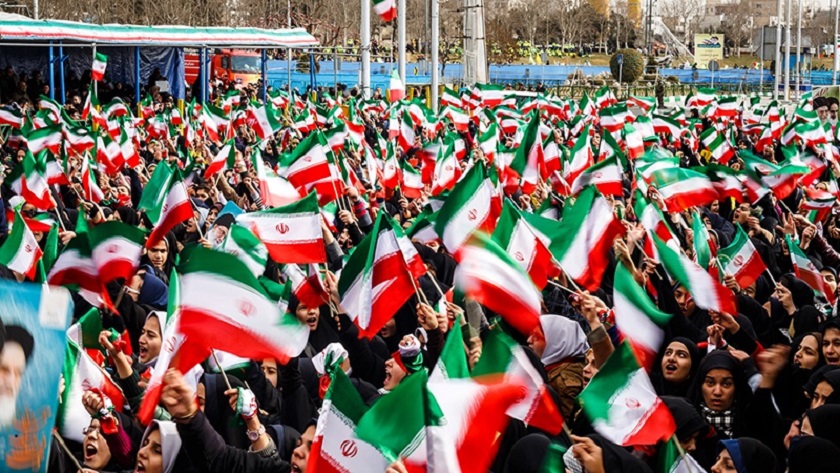Iran Press/ Iran News: Imam Ayatollah Seyed Ruhollah Musavi Khomeini (May 17, 1900 – June 3, 1989) was a Muslim cleric and Marja, and the political leader of the 1979 Islamic Revolution of Iran which overthrew Mohammad Reza Pahlavi, the last Shah of Iran.
The 14th of Khordad 1402 (June 4, 2023) is the anniversary of the departure of the Late Imam Khomeini (RA), the great founder of the Islamic Republic of Iran.
 Imam Khomeini was a great scholar
Imam Khomeini was a great scholar
Imam Khoemini's biography
The last child of Sayyid Ahmad and Sakina was born on Thursday evening in Rajab, in 1862 and in the Razi district of Khomein. Agha Mustafa lost his father when he was less than eight years old. He went to a school called maktabkhaneh, which taught Islamic studies. After finishing his education in this school he went to Isfahan to pursue further education. In Isfahan he attended the lectures of great scholars such as Agha Najafi and Agha Fesharaki.
After staying in Isfahan for some time, he left for Najaf in 1888. The following scholars are among the many who lectured him in Najaf: Akhond Khorassani, Mirzaye Shirazi, Shaikh Abdullah Mazandarani and Mirzaye Naeen. Agha Mustafa studied there for eight years and gained a degree in 'discretion in passing judgments'. He used his time in Najaf productively and left for Khomein in 1894.
 Imam khomeini leading Islamic revolution from France in exile
Imam khomeini leading Islamic revolution from France in exile
When he returned to Khomein, he was 33 years old. He was young and energetic. Living in Najaf created a suitable opportunity for Mustafa to become familiar with political affairs and different social problems. Thus he used his political experiences when he returned to his hometown. Like other leading figures, he gathered a group to defend and protect his family and people who were with him. After the year 1896, namely after the assassination of Nasser- e-dean Shah, Iran underwent chaos and insecurity, thus Agha Mustafa's role became more distinguished. Due to his good reputation among the people, they gathered round him and saw his territory as a secure and safe shelter, "It was the place to take sanctuary".
 Imam khemeini was architect of a great revolution in 20th century
Imam khemeini was architect of a great revolution in 20th century
Islamic Revolution; legacy of Imam Khoemini
Imam Khomeini’s school of thought has become an important discourse. The revolution founded by him has not been limited to Iran and its effects can be seen in the region and other parts of the world.
The contemporary history of Iran has seen various political figures and currents that each of them has somehow claimed the approach of transformation and reform in the Iranian society. However, among these political figures, the victory of the Islamic Revolution Iran was achieved under the leadership of Imam Khomeini, and his transformational approach played a major role in this issue.
 Imam khomeini is revered by Iranians
Imam khomeini is revered by Iranians
Republicanism and Islamism in the idea of Imam Khomeini as the two main pillars of the Islamic Republic establishment, played an essential role in transforming the foundations and administrational system of the country.
Read More:
Imam Khomeini won't be deleted or distorted from history: leader
Ashkan Salehian

